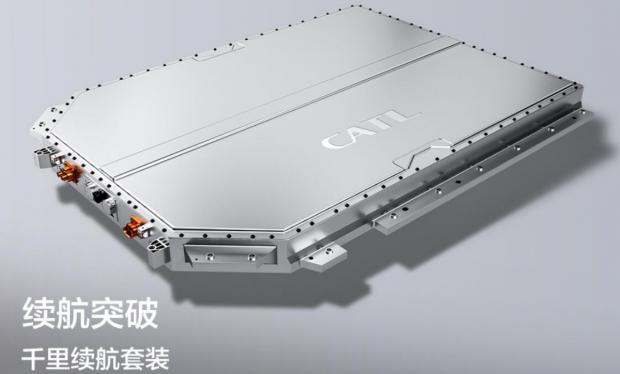
Breaking News
 US Lawmakers Shmooze with Zelensky at Munich Security Conference...
US Lawmakers Shmooze with Zelensky at Munich Security Conference...
 Scientists have plan to save the world by chopping down boreal forest...
Scientists have plan to save the world by chopping down boreal forest...
 New Coalition Aims To Ban Vaccine Mandates Across US
New Coalition Aims To Ban Vaccine Mandates Across US
Top Tech News
 New Spray-on Powder Instantly Seals Life-Threatening Wounds in Battle or During Disasters
New Spray-on Powder Instantly Seals Life-Threatening Wounds in Battle or During Disasters
 AI-enhanced stethoscope excels at listening to our hearts
AI-enhanced stethoscope excels at listening to our hearts
 Flame-treated sunscreen keeps the zinc but cuts the smeary white look
Flame-treated sunscreen keeps the zinc but cuts the smeary white look
 Display hub adds three more screens powered through single USB port
Display hub adds three more screens powered through single USB port
 We Finally Know How Fast The Tesla Semi Will Charge: Very, Very Fast
We Finally Know How Fast The Tesla Semi Will Charge: Very, Very Fast
 Drone-launching underwater drone hitches a ride on ship and sub hulls
Drone-launching underwater drone hitches a ride on ship and sub hulls
 Humanoid Robots Get "Brains" As Dual-Use Fears Mount
Humanoid Robots Get "Brains" As Dual-Use Fears Mount
 SpaceX Authorized to Increase High Speed Internet Download Speeds 5X Through 2026
SpaceX Authorized to Increase High Speed Internet Download Speeds 5X Through 2026
 Space AI is the Key to the Technological Singularity
Space AI is the Key to the Technological Singularity
 Velocitor X-1 eVTOL could be beating the traffic in just a year
Velocitor X-1 eVTOL could be beating the traffic in just a year
China's Zeekr Claims New LFP Battery Adds 310 Miles Of Range In 15 Minutes

Premium electric car brand Zeekr, which is owned by China's largest privately owned automaker Geely Holding Group, has unveiled a new lithium iron phosphate (LFP) battery cell and pack that supports ultra-fast charging.
Developed entirely in-house, the new LFP battery is said to add 310 miles of range in 15 minutes, thanks in part to an 800V electrical system. Zeekr claims the charging performance of the new batteries "outperforms many competitors" even at low temperatures in winter.
The new battery tech will be made at a Geely-owned battery plant in the province of Zhejiang and will make its debut on the Zeekr 007 sedan. The new EV will launch in China on December 27, with deliveries to follow in January 2024.
The Zeekr 007 features a 75.6-kilowatt-hour LFP battery pack that enables a range of 427 miles on China's CLTC cycle. Zeekr's in-house developed pack is manufactured by Quzhou Jidian EV Tech, a wholly owned subsidiary of Geely Holding Group.
LFP batteries typically have lower energy density compared with nickel-manganese-cobalt (NMC) batteries at the cell level. To address that, Zeekr engineers designed the battery pack for the new LFP battery to achieve high energy density at the pack level.
Thanks to the use of newly developed materials and simplified structural design, the volume utilization of the new battery pack reaches 83.7 percent according to Zeekr; the automaker claims that's higher than what many global competitors have achieved with LFP batteries.
Zeekr claims that the increased energy density does not compromise safety, as the packs have passed six strict safety tests including nail penetration conducted by China's National Motor Vehicle Quality Inspection and Testing Center.

 Going the Way of the Denarius
Going the Way of the Denarius

